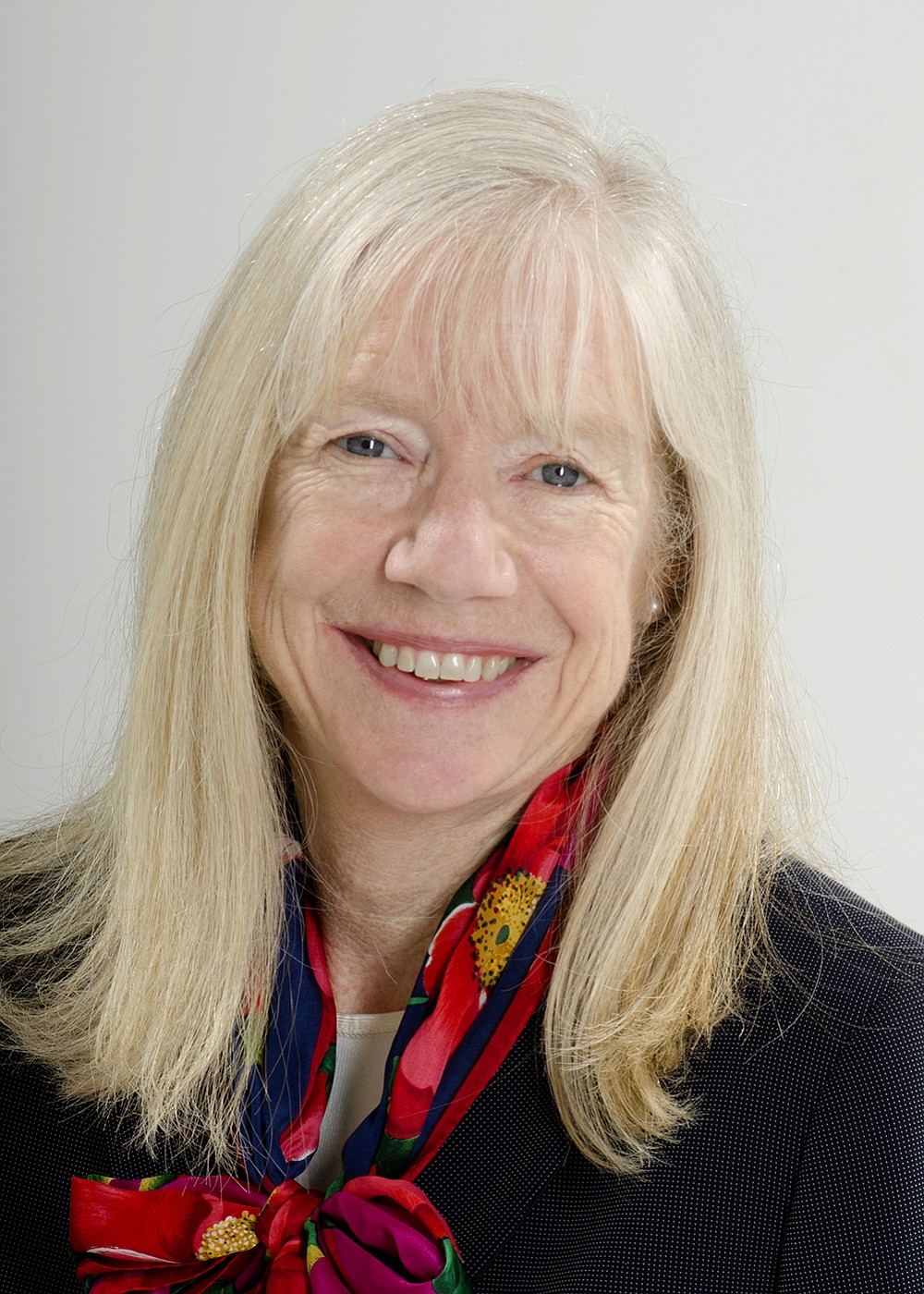When asked to judge Clark Public Utilities as a provider of power and water, customers annually rank the agency the highest in service among midsize utilities in the Western U.S.
This year, Clark County voters are being asked to make another judgment, this time on a ballot rather than a customer survey: Who will help guide the well-regarded, if low-profile, utility over the next six years?
In the Aug. 5 primary election, four candidates are competing to represent District 3, encompassing an area that includes downtown Vancouver, on the utility’s three-member Board of Commissioners. Byron Hanke, the incumbent, seeks a third six-year term. He faces challengers Jane Van Dyke, Michael Piper and Bill Hughes.
It’s a nonpartisan office involving an industry with legal, financial and technical facets to spare, so a roiling cauldron of sectarian politics it is not. Nevertheless, the person voters select will help decide the customer-owned utility’s annual budgets, set electric and water rates, and supervise the utility’s CEO — all for an agency that provides electricity to more than 185,000 customers and that supplies water to more than 31,000 homes and businesses in the region.





